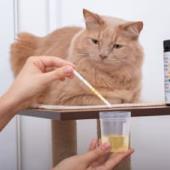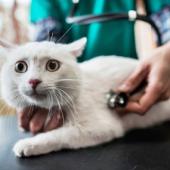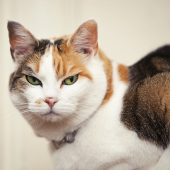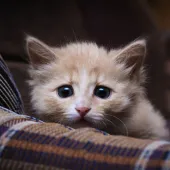Cat's over grooming (feline psychogenic alopecia)
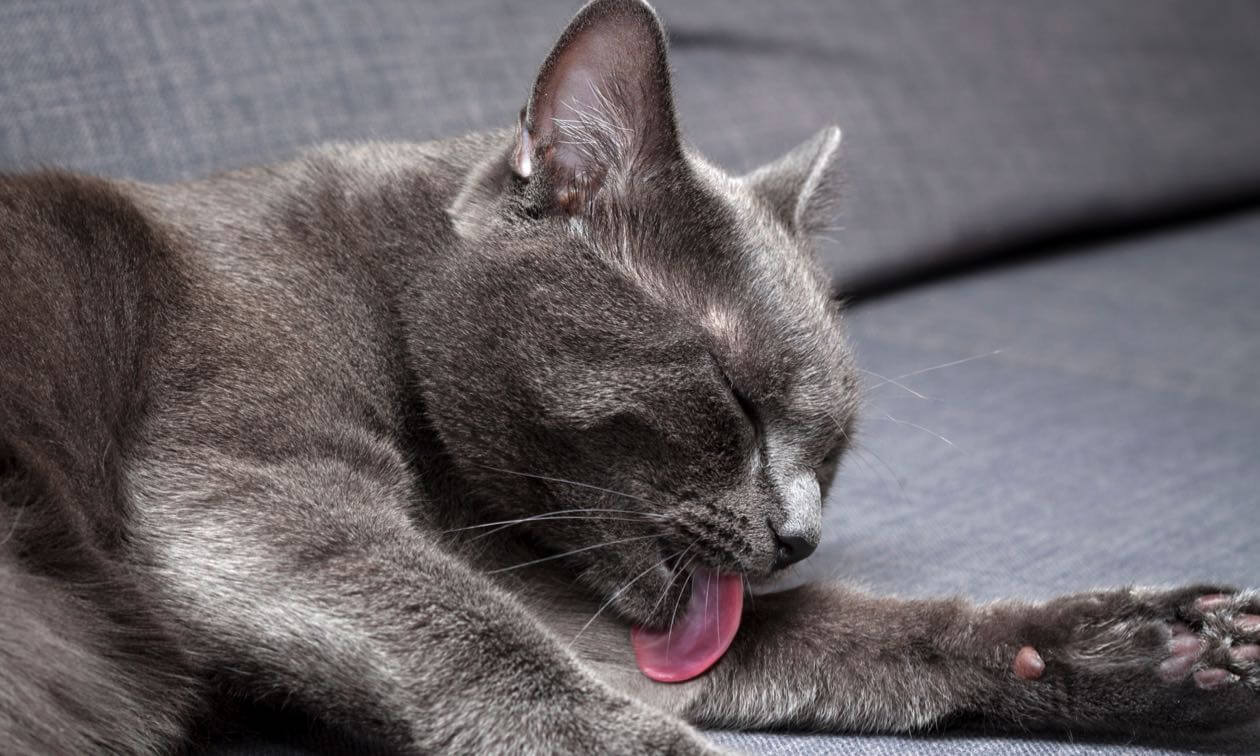
With all the chaos in our lives today, we ask a lot of our pets. Luckily, most cats are good at dealing with all the new and exciting things going on around them. They can fit into our busy lives and make them better in the process. Some cats are unhappy because the stress of modern life is too much for them, and these poor animals show us how unhappy they are in many ways.
Why do cats clean themselves too much?
Cats enjoy grooming, and it is thought that when they do it, their brains release opioids that make them feel happy, kind of like when you take drugs. If a cat is stressed and unhappy, and cleaning makes them feel good, it makes sense that they will do it more often to feel better.
If my cat grooms itself too much, how will I know?
Cats that clean themselves a lot are often not seen doing it by their owners, which is strange. That's because the cat is groomed most of the time when it's alone and needs more comfort. Most of the time, the cat will lick a certain spot, like a stripe down the middle of the back or on the belly and inside of the legs. The licking breaks the hairs, so the fur is short and scruffy where it was licked. Sometimes the hair falls out completely, leaving a patch of bald skin. The skin in these places usually looks fine, with no spots or swelling. In some color point breeds, like the Siamese, the hair on the tips of the ears and feet is darker than the rest of the body. This can happen when the dog is being trimmed. Some people say that breeds that are easily stressed, like the Siamese, are more likely to get diseases linked to anxiety.
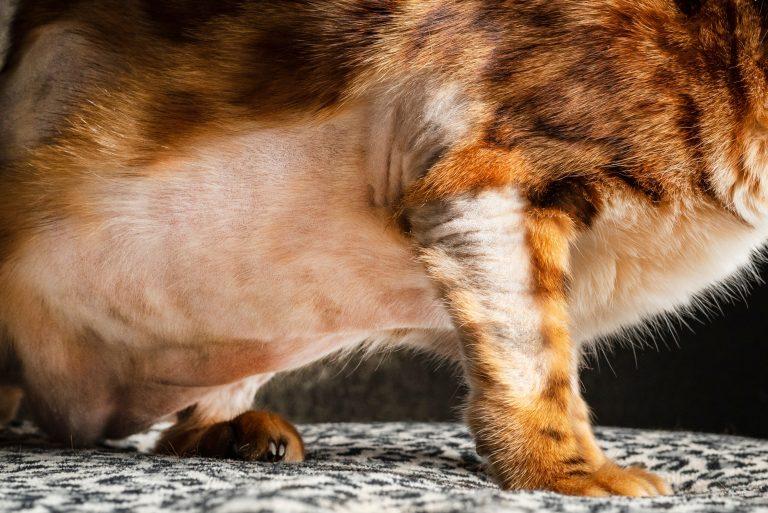
May I ask another reason for my cat's hair loss?
Cats may also lose their hair for a lot of other reasons. It's usually because the skin is itchy or painful, and the cat licks to make it feel better. While she does this, she pulls out and ruins hair, leaving bald spots. If you have bugs, allergies, or problems with your hormones, those can also make you lose your hair.
Understanding the root causes of overgrooming is crucial for finding effective solutions. Some common triggers include:
1. Stress and Anxiety:
- Changes in the environment, such as moving to a new home or the introduction of a new pet, can lead to stress and anxiety in cats. Overgrooming can be a coping mechanism for these emotions.
2. Allergies:
- Cats can be allergic to various environmental factors, including pollen, dust mites, or certain foods. Allergic reactions can manifest as itching and lead to overgrooming.
3. Pain or Discomfort:
- Underlying medical issues, such as dermatitis, arthritis, or other forms of discomfort, can lead to overgrooming in an attempt to alleviate the discomfort.
4. Boredom or Lack of Stimulation:
- Cats need mental and physical stimulation. Without proper outlets for their energy, they may resort to overgrooming.
5. Compulsive Behavior:
- In some cases, overgrooming may be a compulsive behavior, similar to obsessive-compulsive disorder (OCD) in humans.
How can I tell if my cat is cleaning herself because she is stressed?
Cats lose their hair for a lot of different reasons, not just shaving too much when they are stressed. You should take your cat to the vet if she is losing her hair. The vet will do some easy tests to see if there is another reason she is losing her hair. If you can't find any other reason, you should probably think about stress as a possible cause.
What's making my cat so stressed?
Every cat is different, just like every person is different. What doesn't bother one cat will bother another. If you have recently changed anything in your life, or if your cat lives alone, it is very important that you tell your vet about it. This includes how she deals with people and other cats. Some of the most common things that can make cats stressed are being picked on by other cats (especially if they get in through a cat flap), new pets (like puppies, kittens, or kids), or changes in your own life. Some cats can be very sensitive and very attached to their person. If you've been home during the day and then go back to work, your cat may be lonely.
Consequences of Overgrooming
Feline overgrooming can have several negative consequences:
1. Hair Loss and Skin Irritation:
- Excessive grooming can lead to patches of hair loss and irritated skin, making the affected areas more susceptible to infections.
2. Ingesting Hair:
- Cats that overgroom may ingest large amounts of fur, which can lead to hairballs or, in severe cases, intestinal blockages.
3. Worsening of Underlying Issues:
- If overgrooming is related to an underlying medical condition, it can exacerbate the problem and lead to more serious health issues.
How can I make my cat better?
1. Consult a Veterinarian:
- If you suspect overgrooming is due to an underlying medical issue, consult a veterinarian. They can perform a thorough examination and provide appropriate treatment.
2. Provide Enrichment:
- Offer a stimulating environment with interactive toys, climbing structures, and puzzle feeders to keep your cat mentally and physically engaged.
3. Maintain a Consistent Routine:
- Cats thrive on routine. Providing regular feeding times, play sessions, and quiet time can help reduce anxiety and overgrooming behavior.
4. Use Behavior Modification Techniques:
- Positive reinforcement training can help modify overgrooming behavior. Rewarding alternative activities with treats or praise can be effective.
5. Consider Environmental Changes:
- Minimize stressors in your cat's environment, and provide a safe and comfortable space where they can retreat and feel secure.
Every case needs to be handled on its own. It is very important to figure out what is bothering your cat and then try to fix it. There are times when the answer is as easy as closing the cat flap to keep the neighbor's cat out, but most of the time, it's not that simple. It could take months or even years of work to fix the issue. If the problem is really tough, your vet may suggest that you talk to a pet behaviorist who has a lot of experience and time to help you. There are some drugs that can help your cat feel less anxious, but they can only be given to you by your vet and should only be used with other treatments to try to fix the real problem.

